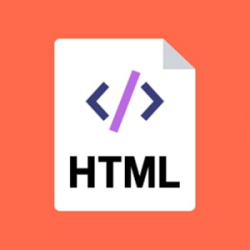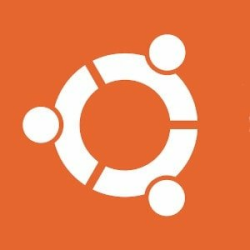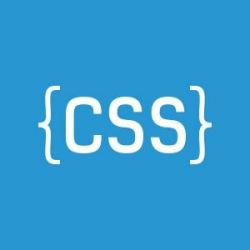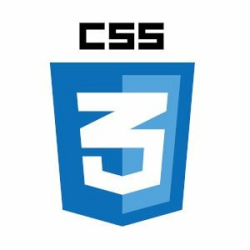A Comprehensive Guide to #[Override] Attribute in PHP 8.3
PHP 8.3 has ushered in an array of advanced features, among which the #[Override] attribute stands out. This attribute, while known in other languages, is a fresh addition to PHP. The purpose of this article is to provide an elaborate explanation of the #[Override attribute, its benefits, implementation, and potential impact on PHP development.
Understanding the #[Override] Attribute
The #[Override] attribute is a new feature in PHP 8.3 that allows developers to explicitly indicate when a method overrides another from its parent class. This attribute enhances code clarity and helps prevent potential issues that may arise due to unintentional changes in method names.
abstract class ParentClass
{
public function defaultMethodImplementation(): int
{
return 1;
}
}
final class ChildClass extends ParentClass
{
#[Override]
public function defaultMethodImplementation(): int
{
return 2; // This method overrides the parent's method
}
}Why #[Override] Attribute Matters
The #[Override] attribute brings several benefits to PHP development, including:
Increased Code Clarity: By marking methods with the
#[Override]attribute, developers can immediately identify overridden methods, improving code readability.Error Prevention: If a method marked with
#[Override]doesn't override any method from a parent class, PHP will throw an error. This feature helps catch and prevent potential bugs early in the development cycle.Facilitated Refactoring: The
#[Override]attribute makes it easier to pinpoint dependencies and assess the impact of changes during the refactoring process.
Implementing the #[Override] Attribute
The implementation of the #[Override] attribute is straightforward. Consider the following code example:
class ParentClass
{
public function sayHello()
{
echo "Hello from ParentClass";
}
}
class ChildClass extends ParentClass
{
#[Override]
public function sayHello()
{
echo "Hello from ChildClass";
}
}In this example, the sayHello method in ChildClass overrides the one in ParentClass. The #[Override] attribute clearly indicates this relationship. If the sayHello method in ParentClass was removed or renamed, PHP would throw an error during compilation, alerting the developer to the issue.
#[Override] and Its Impact on PHP Development
The introduction of the #[Override] attribute in PHP 8.3 is more than just a quality-of-life improvement; it's a step towards making PHP a more robust and error-resistant language. By encouraging best practices and reducing the likelihood of common errors, this feature has the potential to significantly improve the development experience and the quality of PHP applications.
Moreover, the #[Override] attribute aligns PHP more closely with other object-oriented programming languages that already have similar functionalities, such as Java and C#, thereby making PHP an even more attractive option for developers from different programming backgrounds.
The Future of #[Override] in PHP
Currently, #[Override] is limited to methods. Properties, another key part of classes, don't yet have a similar feature. However, the future might bring more enhancements, like class-level attributes or directives to enforce the use of #[Override].
Conclusion
The #[Override] attribute in PHP 8.3 is a testament to the language's continued evolution and commitment to developer efficiency and code quality. By embracing this new feature, PHP developers can enjoy improved code readability, error prevention, and easier refactoring, further enhancing the robustness and maintainability of PHP applications.
As the PHP community continues to grow and evolve, features like the #[Override] attribute ensure that PHP remains a competitive and viable option for web development projects of all sizes and complexities. Start incorporating the #[Override] attribute into your projects today and experience the benefits firsthand.











Please login or create new account to add your comment.